detail profile geo barton
Peran Yang Di Mainkan Geo Barton
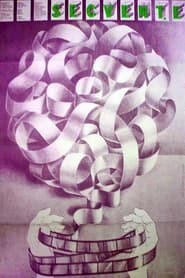 Three sequences which could have formed...
Three sequences which could have formed...Sequences 1982
Three sequences which could have formed separate stories are linked together to give a larger perspective on the nature of reality and film. The three episodes are joined together by one film crew at work. In the beginning, the crew is introduced as they juggle their dual roles as State-supported propagandists who laud their government and society, and as private movie makers working on their own film. Next, they are in a restaurant looking for suitable locations to film when the eatery’s owner is induced to wax long and lugubriously on his miserable life. In the last segment, two extras are in the background of a scene, sitting at a table in a restaurant. It slowly becomes apparent to one of them that the man he’s sitting with tortured him more than 40 years ago at a Nazi concentration camp during World War II.
 The great King of Dacia Decebal...
The great King of Dacia Decebal...The Dacians 1967
The great King of Dacia, Decebal (Decebalus), is disposed to make the ultimate sacrifice in order to keep the integrity of his people. His own son, Cotyso, is given to the god Zamolxis to the dismay of the King and his daughter Meda. Septimius Severus, a young Roman devoted to his adopted country, must make the choice between his blood origins and the culture he was introduced to.
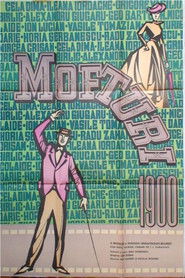 Mofturi 1900 is a 1964 Romanian comedic film...
Mofturi 1900 is a 1964 Romanian comedic film...Mofturi 1900 1966
Mofturi 1900 is a 1964 Romanian comedic film directed by Jean Georgescu and based on Ion Luca Caragiale's many Moments and Sketches. The sketches used are "Diplomatie" ("Diplomacy"), "Amicii" ("Pals"), "O lacuna" ("A gap"), "Bubico", "C.F.R." (abbreviation of "Romanian Railways") and "Din statiune" ("From resort"). The film stars Grigore Vasiliu Birlic, Iurie Darie and Ion Dichiseanu; and features Ioana Bulcă, Alexandru Giugaru, Mircea Crisan, Geo Barton and others. Set at the beginning of the 20th century, the story revolves around two Mitică characters sitting at a cafe telling stories to each other.
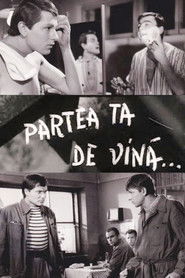 This movie follows the story of...
This movie follows the story of...Your Part of the Blame 1963
This movie follows the story of a young man - Mihai Brad, who works for a industrial plant. He reaches a turning point in his life when his bosses discuss his admittance in the Young Worker Union, a communist organization, which can help propel his career forward. Mihai calls to remembrance his early days of his job after leaving his village with dreams of having his own house and a decent life. He first starts low as a unqualified worker and each month he saves all his money. The UTM organization tries to convince him to improve his skills become a qualified worker but he refuses saying that he soon wants to go back to his village and be a shepherd.
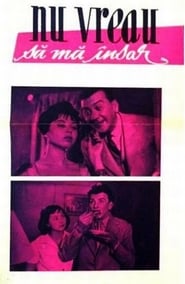 In a textile factory the cultural...
In a textile factory the cultural...I Don't Want to Get Married 1961
In a textile factory, the cultural supervisor falls in love with a typist. To impress her, he pretends to be friends with a famous composer whose operetta was to be performed by the company's artistic brigade. However, the typist, an uneducated woman, sees him only as a means to become the protected one of an influential person.
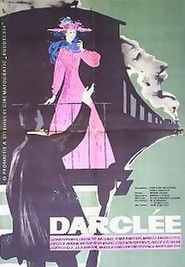 In this undistinguished drama Darclee Silvia...
In this undistinguished drama Darclee Silvia...Darclée 1960
In this undistinguished drama, Darclee (Silvia Popovici) is a lead singer for an opera company in Romania with a heavy load of responsibility. It seems the company is in dire need of a decent physical structure for their performances and a brace -- or more -- of good singers to improve their image and sales. In other words, they need just about everything except an excellent lead singer; Darclee fills that bill. And so the company rather unfairly leans on her to get the people and the funds they so desperately want. Matei Jacob directs.

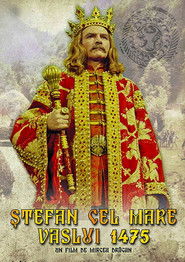 In 1475 when Stephen the Great ruler...
In 1475 when Stephen the Great ruler...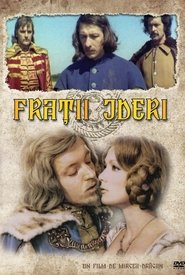 Historical movie based on the The...
Historical movie based on the The...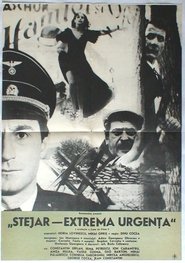
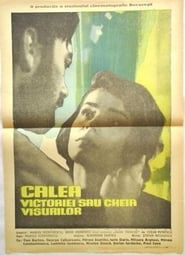 Attorney Constantin Lipan Geo Barton is...
Attorney Constantin Lipan Geo Barton is...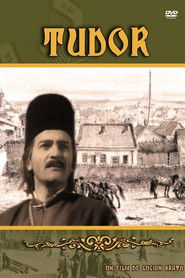 Tudor Vladimirescu fights against the Ottoman...
Tudor Vladimirescu fights against the Ottoman...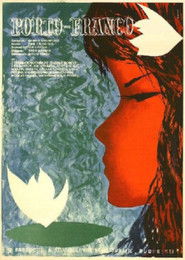 The outoftime ambiance of SulinaEuropolis between...
The outoftime ambiance of SulinaEuropolis between...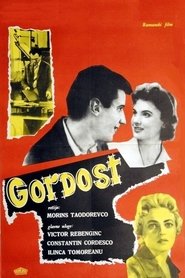
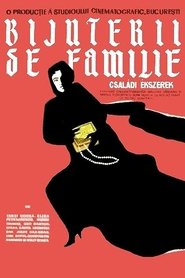 A bourgeois family life in Romania...
A bourgeois family life in Romania...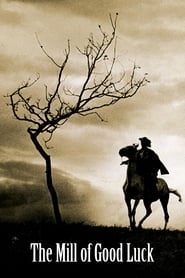 Follows the inner transformation of a...
Follows the inner transformation of a...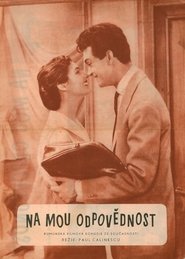 A fashion designer creates an ugly...
A fashion designer creates an ugly...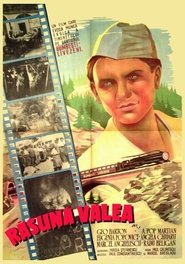 Famous Romania communist propaganda movie one...
Famous Romania communist propaganda movie one...